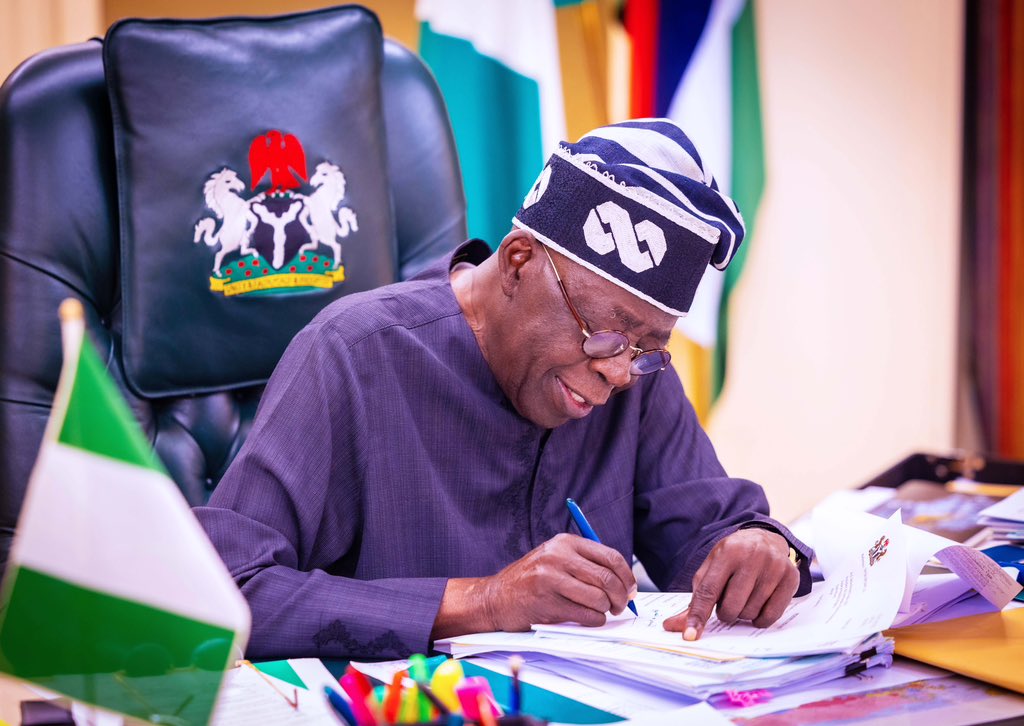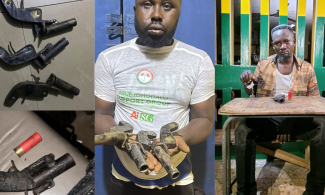As Edo State prepares for its governorship election on Saturday, September 21, the Independent National Electoral Commission (INEC) has begun distributing electoral materials and deploying ad hoc staff to polling wards. Our correspondent visited the INEC office in Irrua, Esan Central Local Government Area, where the exercise proceeded smoothly under a heavy security presence.
INEC officials were observed sorting and packaging essential materials—including voting cubicles, ballot boxes, electoral forms, and writing instruments—into vehicles designated for various polling centers. Hundreds of ad hoc staff received their accreditation tags and other necessary items before departing for their assigned locations.
Vera Ibitemi, an INEC official, stated, “All materials, both sensitive and non-sensitive, have been sorted and packaged, and they are ready for distribution to their respective wards tonight for tomorrow’s voting. The ad hoc staff have been mobilized, and the vehicles are on-site. The operation is running efficiently.”
This election will occur across all 18 local government areas of Edo State, focusing particularly on the Edo Central Senatorial District, which includes five LGAs: Esan South-East, Igueben, Esan North-East, Esan West, and Esan Central. The All Progressives Congress candidate, Monday Okpebholo, is notably positioned in this district.
According to INEC, officials from the Oredo Local Government Area left early to distribute voting materials to polling units in Benin City. Our team observed voters gathering at various polling units, eager to participate in the electoral process, which was set to commence at 8:00 AM.
However, a visit to the Oredo INEC office revealed a stark contrast; the office was largely empty, with only a few staff members and police officers present.
This election is pivotal, with 2,249,780 eligible voters out of a population of approximately 4.8 million in the state. Among the 2,629,025 registered voters, only those who have collected their Permanent Voter Cards will be able to participate in determining the next governor, who will take office on November 12, following the exit of the incumbent.
INEC has pledged to conduct a free and fair election, with security agencies committed to maintaining neutrality and ensuring safety for voters and ballot materials. Amidst this backdrop, optimism runs high among certain candidates, while a sense of ambivalence lingers in the state.
The election features 18 political parties, but three main contenders have emerged: Asue Ighodalo of the ruling Peoples Democratic Party (PDP), Monday Okpebholo of the APC, and Olumide Akpata of the Labour Party. Ighodalo, backed by Governor Obaseki, benefits from being the ruling party’s candidate but faces significant competition from Okpebholo, supported by influential figures from the Legacy Group. Meanwhile, Akpata and the Labour Party hope to capitalize on growing disenchantment with the PDP and APC.
As the clock ticks down to election day, the atmosphere in Edo State is charged with anticipation, and citizens prepare to make their voices heard in shaping the future of their governance.








